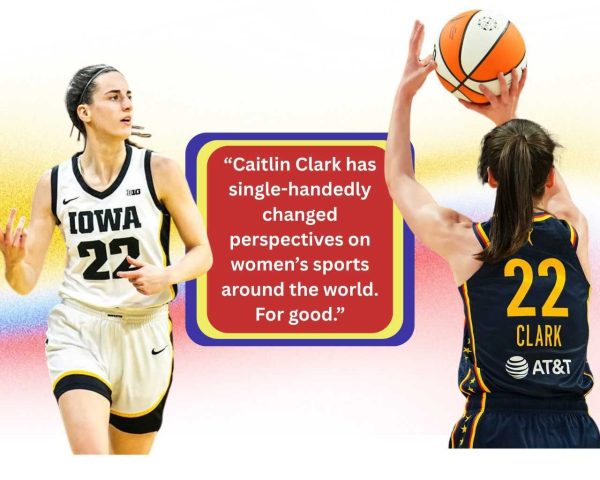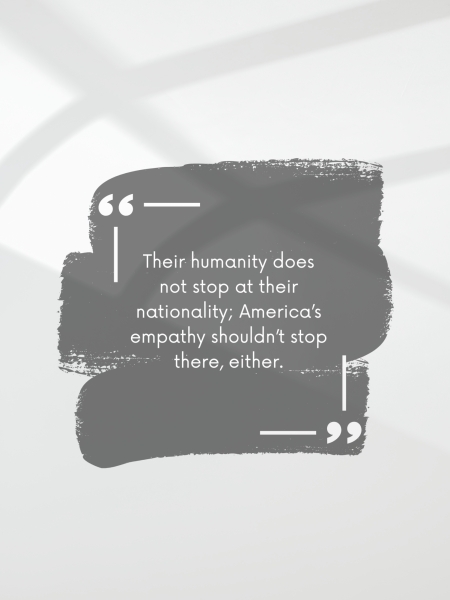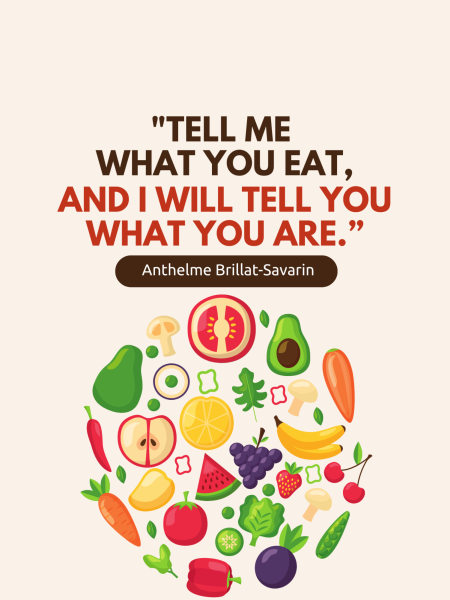Freshmen and seniors prove to be bad couples
Although having healthy, equally-sided friendships with seniors as a freshman is all right, having romantic relationships is not. When students are going into their freshman year, they are around 14 years old. When students are entering their senior year, they are around 17. The senior has almost completed their four years of high school, has more experience in relationships, and is more mentally mature than first-year students.
When asked his opinion on this subject, Vice President and Treasurer of the Ping Pong Club, senior Jimmy (Noah) Williams, said, “The entire concept of seniors and freshmen dating is a horrible idea and very rarely turns out well for the two involved.”
With freshmen recently joining the high school this year, it gives some seniors the opportunity to prey on young, vulnerable students. Though not every relationship with an age gap is founded on predatory views, it is easier for all parties to avoid a situation where that could be interpreted.
The first and self-evident reason why relationships between freshmen and seniors are wrong is the age gap and maturity difference between the two. Admittedly, seniors are not the most mature group, only just going into adulthood, but they have more experience with relationships. When freshmen are just starting the new school year they are fresh out of middle school. They probably have little to no relationship experience, and neither do their friends. They have no one to talk to about their relationship problems as their friends wouldn’t know how to help them.
Fear of attention could suppress many unhealthy things in the relationship if there’s no one to help them. But seniors have most likely dated more people and know-how relationships work. They know how to take advantage of the younger student without their knowledge. Though not all situations are like that, many are, and knowing when the power balance is off can help save both partners.
A common factor in why age differences affect relationships is the power dynamic between the two. The senior has more “authority” over the freshman as they are older and more experienced. The freshman could feel like they should follow what the senior tells them to do because they seem to know what they’re doing. The three unhealthy power imbalance relationships are the demand-withdrawal, the distancer-pursuer, and the fear-shame dynamics, according to Big Think.
The demand-withdrawal relationship is when one person tries to target the challenges in their relationship to fix them, while the other tries to avoid change in the dynamic as much as possible. One example could be the senior avoiding the problems with the age difference. At the same time, the freshman tries to fix any issues.
Another one of the dynamics is the distancer-pursuer. This could be explained as one party in the relationship trying to get intimate with the other. In contrast, the other finds this to be suffocating. The more the pursuer wants intimacy out of the relationship, the more they will distance themselves to getaway. An example could be the senior pushing for the freshman to be intimate with them. The freshman will comply to make the other happy but still distance themselves emotionally or in other aspects.
The last relationship is the fear-shame dynamic. Fear and insecurity from one partner bring out shame in the other. The senior could feel insecure without an outlet or someone to talk to about it. That creates the freshman scapegoat, and they could be shamed by the older one into compliance.
While not in every situation the senior is at fault for the negative aspects, nor is it always a senior boy and a freshman girl, distributing blame to the right source is needed.
Some would argue that people shouldn’t be labeled as sex offenders after dating a fourteen-year-old at eighteen; however, the participants in the relationship could take many steps to prevent that situation. Do the Romeo and Juliet laws protect this kind of relationship? In Idaho, a fifteen-year-old cannot consent to sexual activities, including hugging or kissing. If one partner is eighteen and the other is a minor, the older one can still get into trouble. In cases where some eighteen-year-olds have been charged, they have most likely been warned before being convicted.
For example, the case of Kaitlyn Hunt. As a Floridian high schooler in 2013, she received two counts of felony interference with child custody, two counts of a misdemeanor for contributing to the dependency of a child, and had to serve four months in jail. She then had two years and nine months of probation. She was arrested before she was officially charged as a sex offender. Part of her parole was to get rid of all contact with her fourteen-year-old girlfriend. She had been found with over 20,000 messages between the two, including inappropriate photos. She had been forewarned that she would be charged if she violated probation, yet she continued to.
In another case, eighteen-year-old Ken Thornsberry was arrested and put in jail for a year. As soon as the high schooler from Michigan got out he resumed his relationship with his fifteen-year-old girlfriend, according to Daily Beast. He was immediately sent back to jail for six years.
In both cases, the older of the relationship (which had been jailed for their relationships), has been informed of the consequences of going back to their partner. Though the senior may not deserve the title of sex offender, they could have easily avoided the situation.
A solution to this problem is simply avoiding relationships with this age gap. There are so many students in each grade, and chances are someone would choose to date you. Dating one grade above or below is also acceptable, as the age difference isn’t that great.
“Honestly, I think it can be a dangerous thing, especially how one is nearly an adult and can start to make a wider variety of decisions. Freshmen are typically less experienced in life, unlike seniors, which could affect the relationship. I don’t think seniors and freshmen should be nor should even consider dating.” said Aubrey Woods, a sophomore.
It’s not clear why an almost legal adult would want to be with a fourteen-year-old; it makes no sense. When one is in high school, it’s unlikely they will meet their soulmate. And that’s okay because they have their whole life ahead of them: no need to rush to find love. The high school dating pool is large enough within the grades or the ones immediately below or above; there’s no need to search for someone so young/old.
There are many negative results of seniors and freshmen dating. A student who doesn’t want to worry about being labeled a pedophile should avoid this relationship. When one is older, an age gap of three years isn’t as frowned upon; both parties are legal adults. The problem occurs when one is a minor and the other is legally recognized as an adult. After people graduate, they probably won’t be thinking about their crush in freshman year because infatuations end as quickly as they start. Negative relationship experiences can impact how someone sees any relationship opportunities forever. Seniors and freshmen should not be allowed to date.







